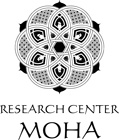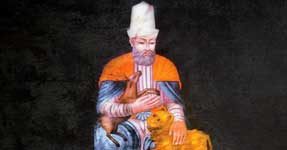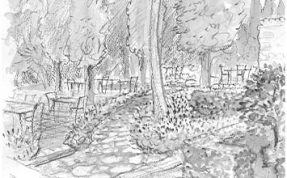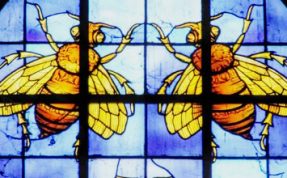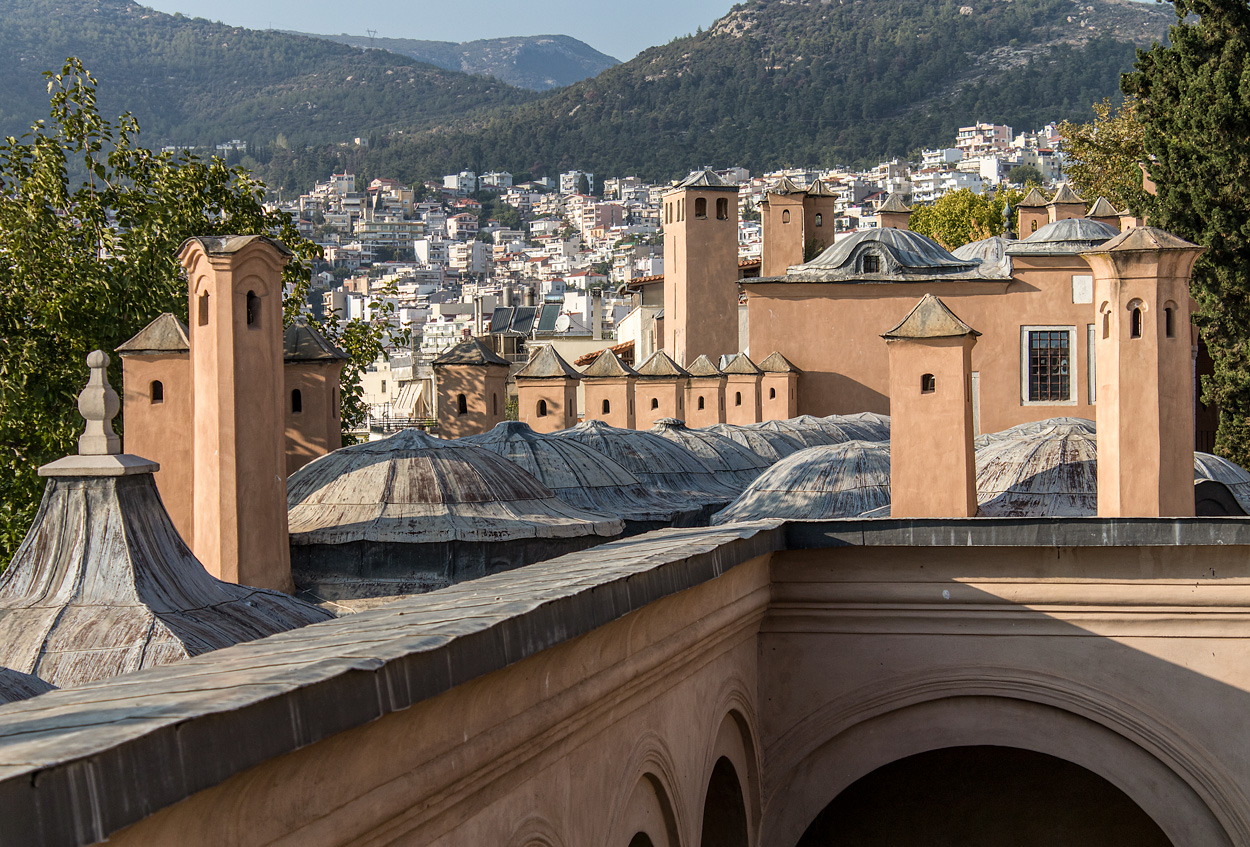
KAVALA, The Multicultural
Tobacco Center
Known as Neapolis in the ancient times and as Christoupolis in the Byzantine era, Kavala was annexed to the lands of the Ottomans at the end of the 14th century. A site of major geographical, military and commercial interest, the fortified settlement served as an outpost of numerous lords and states.
Located on a junction of lands and seaways, it welcomed troops and saints. Cassius and Brutus legions landed there to take part in the battle of Philippi, which marked the political and cultural fate of Europe. Saint Paul arrived here on his first European journey and moved on to Philippi to baptize there the first person in Europe, Lydia, and spread Christianity all over the world. Passing-by Byzantine troops and crusaders’ armies also left their traces.
Its Ottoman name Kavala appeared in the middle of the 16th century and until the middle of the 18th century it remained a quiet place on the north Aegean coast.
The boom of the tobacco cultivation and trade transformed it in less than a century into an international commercial hub where numerous languages were spoken and several Gods were worshipped.
Rows of huge tobacco warehouses, impressive mansions of tobacco traders and big neighborhoods of tobacco workers are still to be seen in the current urban fabric.
Community institutions, labor movements and social unrest, labor unions and intercultural relations, present a rich panorama of the 19th and 20th century social history of the region. Muslims, Christians and Jews sought their fortune in the gold of the time, tobacco. National movements of the early 20th century abruptly changed its multi-cultural and multi-faith character. The new citizens swiftly engaged into the tobacco business and retained its character until the late 1970s.
In the new circumstances of the global village, Kavala has the background and the conditions to thrive in the creative co-habitation of cultural, religious and ethnic trend.
